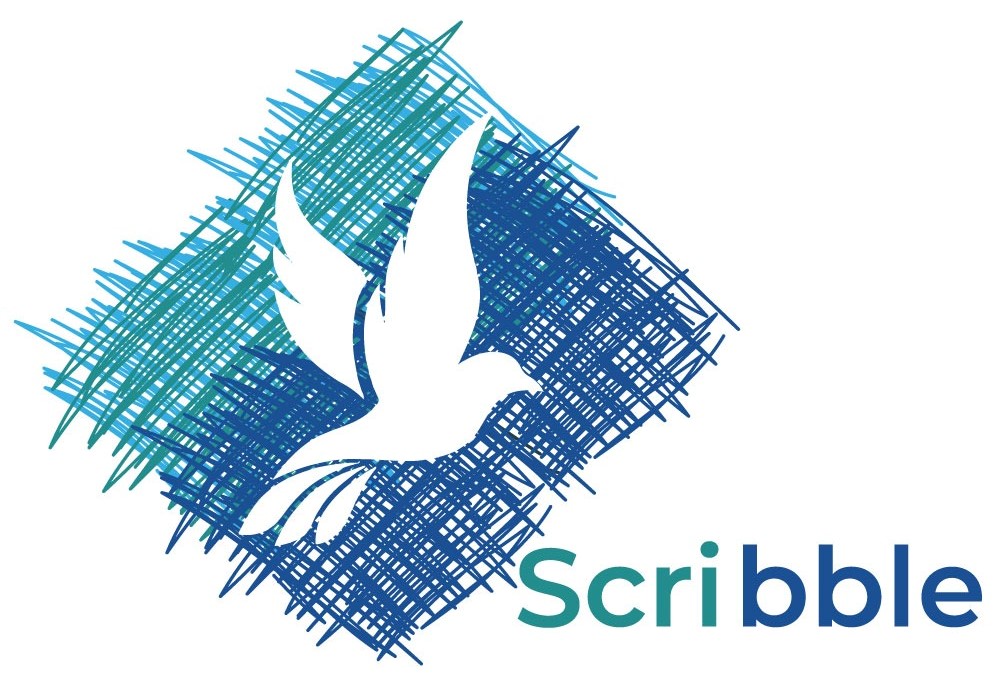Psychosocial recovery coaching in Melbourne has a greater impact on the lives of mentally disabled people, especially participants of the National Disability Insurance Scheme (NDIS). In order to understand the impacts of this service, first, we need to understand why individuals need psychosocial recovery coaches and what challenges they face in their daily lives. In this article, we’ll cover all the important factors of psychosocial recovery coaching in Melbourne.
Who are Psychosocial Recovery Coaches?
Psychosocial recovery coaches are expert and skilled professionals who play a vital role in improving the quality of their lives and the lives of their loved ones. They assist in building skills to manage their daily activities and achieve their goals. Here are some ways these coaches can help in skill building.
Goal Setting: A coach helps participants in developing a sense of purpose and provides guidance.
Life Skills: Coaches help in developing functional skills as a compass for daily activities like cooking, cleaning and finances.
Social Skills: A coach assists people with capability aspects such as communication, problem-solving, and conflict management.
Self-care: In addition, a coach motivates a person to perform adequate self-nurturance. Their agenda involves undertaking tasks that enhance the fitness of the body and mind.
Benefits of Psychosocial Recovery Coaching:
Empathy and Understanding
When we show empathy and pay attention to individuals with mental disability, it helps them feel seen and heard. It can help gauge their level of comfort when it comes to discussing any issues they are facing. In this case, building trust is the key. It is one of the critical aspects that a psychosocial recovery coach can bring to specially-abled people. The more they can trust their coach, the more open they are to them. Having as much information concerning a situation as possible may assist a coach in advising them. It goes along the lines of showing empathy by acknowledging their viewpoint as coaches work towards helping them rebuild a trusting relationship and find comfort in the fact that they are not alone in their fight.
Skill Building
Learning new skills has the potential to impact the lives of people with mental disabilities. Skills like cooking and cleaning, in addition to financial management, allow them to meet their regular needs on their own, enhancing their lives and making them feel more accomplished.
Trusted Support Coordination between coaches and participants plays a vital role in this process; coordinators are responsible for giving guidance, encouragement, and practical support. Coaches help focus on a specific task and explain it in a way that is effortless to understand so that the task can be learned more easily.
Community Connection
Community participation reduces feelings of loneliness and isolation, which can worsen mental health. Coaches play a crucial role in helping mentally disabled individuals connect with their community. They encourage participation in group activities, like sports, art, or volunteering. By doing so, coaches empower individuals to become active community members.
Stress Management
Stress can also worsen mental and physical health and make daily life harder. So, managing stress is essential for people with mental disturbance. Psychosocial recovery coaches help people learn significant stress management techniques, as they offer the possibility of feeling calm, well-considered, and commanding. This results in better conditions for all elements of mental health.
Coaches assist mentally challenged persons in learning relaxation methods, such as breathing exercises, meditation, and training. They also reveal how to solve problems and also assist subject discover what makes them stressed.
Choosing Right Coach:
Psychosocial recovery coaching is an essential aspect for people battling mental health issues. Since selecting a qualified and suitable recovery coach matters, a well-matched coach can assist in goal-setting and identifying applicable coping strategies in dealing with challenges to promote optimal mental health and psychological well-being. There is something unique and efficient about having an expert to guide you, encourage you, and hold you responsible for your movements, and that is in terms of coaching in this form of treatment. Many service providers are out there delivering this service, such as Scribble, an NDIS service provider offering skilled and professional psychosocial recovery coaches.
Read More: Integrating NDIS Service Providers with Trusted Support Coordination for Extensive NDIS Services

